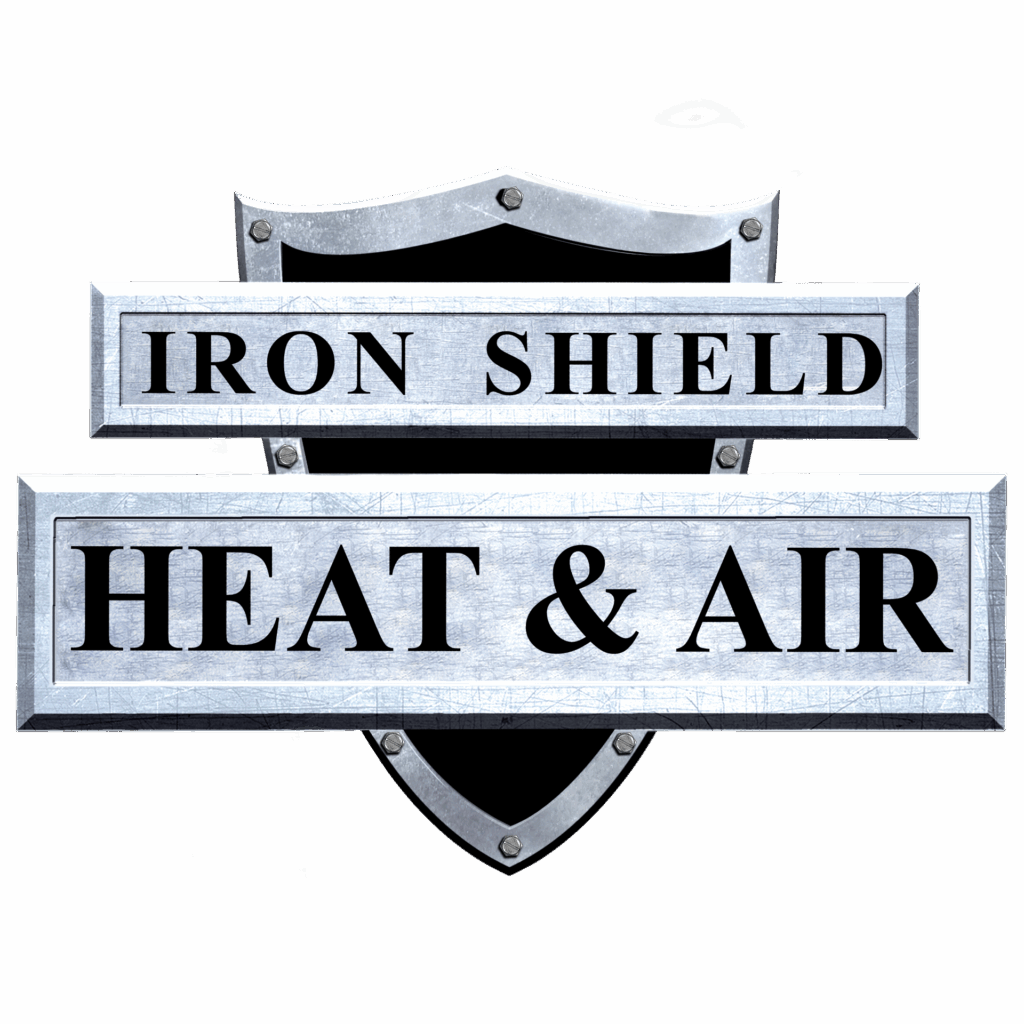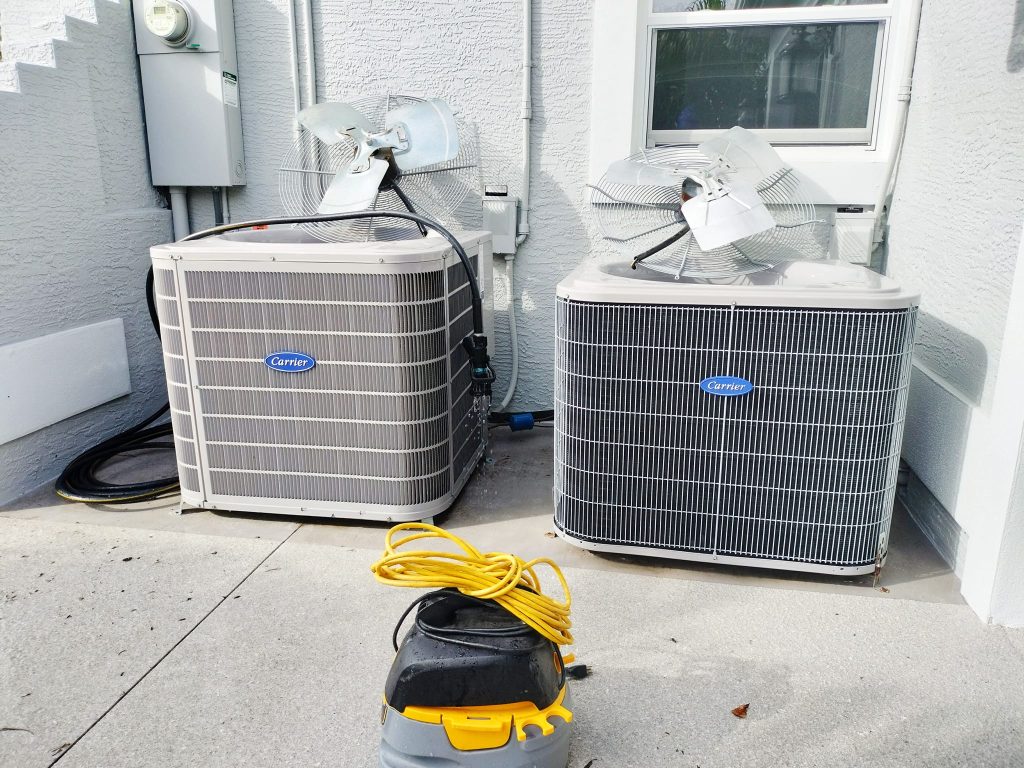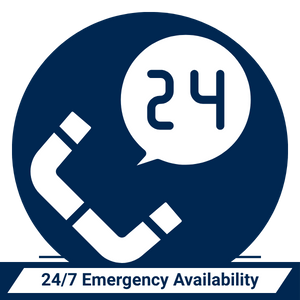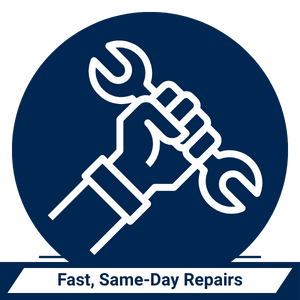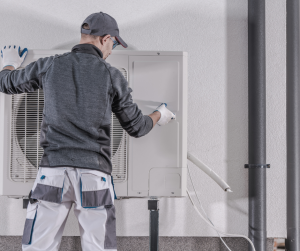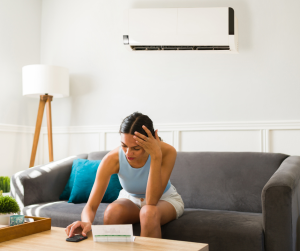When you think about cooling your home in Florida, especially during the hot and humid months, the first thing that comes to mind is comfort. But behind the relief of cool air lies a complicated process that affects your wallet. Installing a central air conditioning system isn’t as simple as buying an AC unit and calling it a day. Several factors play a role in the overall cost, from the size of your home to the type of air conditioning system you choose. Before you decide, let’s break down the hidden fees that can surprise homeowners. Ready to find out what makes the price of a new AC unit in Florida go up or down?
Understanding the Average Cost of an AC Unit in Ocala, FL: What You Need to Know
Keeping your home cool in Florida’s intense heat can be a challenge, and knowing the average cost of installing a new AC unit is essential to planning effectively. Whether you’re looking to install a central air system or upgrade to a more energy-efficient model, the price will depend on several key factors. These include the size of your home, the type of system, and even the time of year you schedule your installation. With fluctuating labor rates and the wide range of HVAC systems available, understanding what impacts your installation costs will help you make the best decision for your home and budget.
#1 Size of Your Home: Does Bigger Mean Pricier?
The bigger your home, the more BTUs your AC unit will need to keep things cool. But what does that mean for your wallet? The size and type of your home will impact how large and powerful a unit you’ll need to install, and the bigger the unit, the higher the upfront installation cost. Whether you live in a spacious older home with existing ductwork or a compact space requiring a ductless mini-split system, understanding how BTUs work and how they relate to your home’s cooling needs is critical to making an informed decision. Remember, a 5-ton central air system may come with a higher price tag, but it could be essential for cooling costs in your home.
#2 Type of System: Is a Heat Pump or Central AC Unit Right for You?
Many homeowners aren’t aware of the potential savings—or added costs—that come with each option when choosing between a heat pump and a traditional central AC. A heat pump works to cool your home in the summer and heat it in the winter, potentially saving on energy bills, but it might come with higher upfront installation costs. Meanwhile, a central air conditioning system may be more affordable at the outset but could lead to higher cooling costs in the long term. Weighing the pros and cons is crucial for finding the right fit for your budget and Florida’s unpredictable weather.
#3 Energy Efficiency: How Much Will a High SEER Rating Save You?
Sure, an energy-efficient air conditioner might come with a higher upfront price, but here’s the kicker: it can save you money over time. The Seasonal Energy Efficiency Ratio (SEER) measures how efficiently an AC unit converts electricity into cool air. The higher the SEER rating, the less energy it uses, meaning lower bills every month. But does a more energy-efficient system always make sense? Depending on your home’s needs, you might find that paying more upfront for a new AC system with a higher SEER rating could reduce your energy usage and cooling costs in Florida’s hot climate.
#4 Labor Costs: How Much Does the Contractor You Hire Matter?
The contractor you hire to install your AC system isn’t just installing an appliance—they’re responsible for ensuring everything runs smoothly, from the compressor to the ductwork. It might seem tempting to choose the cheapest option, but don’t be fooled: a poor installation job can cost you more in repairs later on. HVAC installation requires precision, and a skilled HVAC contractor will ensure a correctly installed new unit, minimizing hiccups. But here’s where it gets tricky—installation labor can vary widely depending on the contractor’s experience and whether they offer emergency services.
#5 Ductwork and Home Modifications: Will Your Home Need More Than Just a New AC?
Do you need to replace your old AC unit, but your home’s ductwork is outdated or inefficient? If your existing ductwork has leaks or your air conditioning system wasn’t installed properly in the first place, you might be looking at additional installation costs beyond just the price of the new unit. Homes with inadequate ducts or older homes needing electrical upgrades could face significant expenses to ensure the system functions efficiently. While you might expect to pay only for the new AC, think twice—home modifications can quickly add to your overall cost.
#6 Location in Ocala, FL: Why the Cost Can Vary Based on Where You Live
Where you live in Ocala, FL, can significantly impact the cost of installing a central air conditioning system. Local market factors like labor rates, demand for HVAC contractors, and the availability of specific AC units can affect pricing. In the heart of Ocala, the summer heat and humid weather conditions often lead to higher demand for AC installation and repair services. This increased demand can raise the average cost of an installation, particularly during peak seasons when everyone is looking to keep their homes cool.
If you live on the outskirts or in more rural areas of Ocala, the availability of HVAC contractors might be more limited, affecting your ability to negotiate prices or find competitive offers. Additionally, needing emergency service during summer can lead to a premium on service costs. However, with a trusted company like Iron Shield Heating and Air, you can ensure that you get fair pricing and expert advice no matter your location in Ocala, FL.
#7 Time of Year: Does Seasonality Affect AC Installation Costs in Ocala, FL?
Do you know the time of year you choose to install your AC unit can significantly impact the overall cost? In Ocala, FL, where the weather is often hot and humid, peak summer months increase demand for AC installation and repairs. When everyone rushes to cool their homes during the scorching heat, the costs can skyrocket due to high demand. HVAC contractors are busier, which means less availability and potentially higher installation labor rates.
On the other hand, choosing to install your air conditioning system in the cooler months or off-season, when the weather is more manageable, can result in significant savings. Contractors tend to offer lower rates during these periods, and you might find it easier to schedule your installation without the rush. If you’re flexible with your timeline, planning your AC installation in the offseason could help reduce the upfront costs and ensure you get the best value for your investment.
#8 Brand and Features: Are You Paying for the Name or the Functionality?
Is it worth paying extra for a high-end brand name on your central AC? Some homeowners are swayed by well-known brands, assuming they come with superior quality. However, the installation process and features you choose—such as smart thermostats, multi-zone cooling, or more efficient compressors—often significantly impact your cooling system’s performance and longevity. At the same time, some brands carry a higher price, but not all justify their cost based solely on their name. Determining whether investing in a more expensive brand or opting for certain features will extend the life of your system and improve cool air delivery is essential.
Ready to Get Your AC Serviced? Here’s How to Save on Your Next Air Conditioner Turn
Before committing to an AC installation, you must know what you’re getting into. The overall cost of your AC unit in Florida can vary widely based on the factors we’ve outlined above. But don’t let that stop you from making a smart decision. Whether you’re replacing an old unit, upgrading to a more energy-efficient system, or installing a new system from scratch, knowing these factors that impact the price will help you make an informed choice. Ready to get started? Contact us online or call (352) 780-1255 today for a free quote from Iron Shield Heating & Air and take the first step toward cooler, more comfortable living in Florida’s hot, humid climate.
